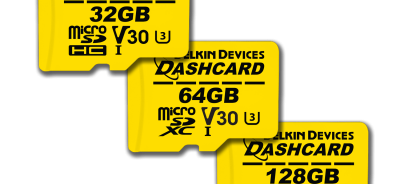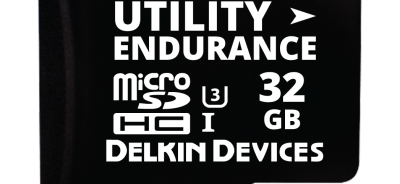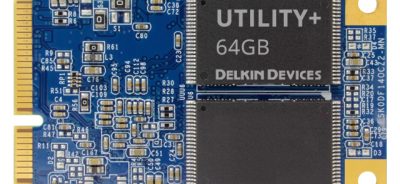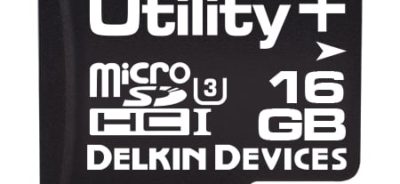Medical Device Flash Storage: Factors to Consider
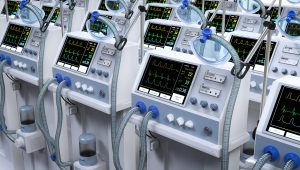 Hospitals and other medical organizations have grown increasingly reliant on technology to deliver patient care and coordinate medical information. The result is a vast quantity of medical information that requires secure and reliable storage for any medical device. Medical hardware and flash storage naturally go hand-in-hand. When choosing a flash storage solution for medical data, there are a few important considerations OEMs must keep in mind.
Hospitals and other medical organizations have grown increasingly reliant on technology to deliver patient care and coordinate medical information. The result is a vast quantity of medical information that requires secure and reliable storage for any medical device. Medical hardware and flash storage naturally go hand-in-hand. When choosing a flash storage solution for medical data, there are a few important considerations OEMs must keep in mind.
The Average Size of Medical Files
Medical files typically contain large amounts of data, whether they are electronic health records (EHRs) or imaging scans. The average x-ray alone requires about 8 MB of space, and a typical magnetic resonance imaging (MRI) scan of a patient’s brain involves taking well over 200 images. In short, just one patient may require several gigabytes of data storage, and the average hospital or healthcare clinic may see thousands of patients each year. This means that it’s necessary to choose flash storage for a medical device that offers a large capacity.
The Need for HIPAA Compliance
The Health Insurance Portability and Accountability Act (HIPAA) requires all medical organizations dealing with sensitive patient data to take appropriate steps to secure that information and prevent unauthorized access. Because of this, it’s crucial to choose a medical hardware flash storage solution that offers built-in encryption. Encryption is available on many flash storage devices, including mSATA SSDs, USB thumb drives, and microSD units.
The Importance of Quick Access
Patients who are experiencing medical emergencies need care right away, and in order to provide rapid care, healthcare providers need to be able to access a patient’s EHRs as quickly as possible. This can be difficult with conventional storage solutions, such as hard disk drives (HDDs), as hard disk read speeds are limiting. With an average HDD, it would take over 15 seconds to read and render an MRI image with a size of 1.8 GB. This might not seem significant, but in an emergency situation, every second can mean the difference between life and death. By choosing an industrial grade SSD with flash technology, healthcare providers can see that same 1.8 GB file in just 0.15 seconds.
Delkin has a longstanding history of working with healthcare companies to provide medical device flash storage solutions. Our U.S.-based plant manufactures large-capacity, high-speed solid state drives (SSDs) and portable flash storage devices that meet the unique needs of hospitals and other medical organizations. Contact our Customer Support team today to discuss your organization’s flash storage needs.
ORDER DELKIN INDUSTRIAL FLASH STORAGE TODAY through our distribution partner Newark.
For Europe Contact Our Partner Farnell
 Login
Login Register
Register


